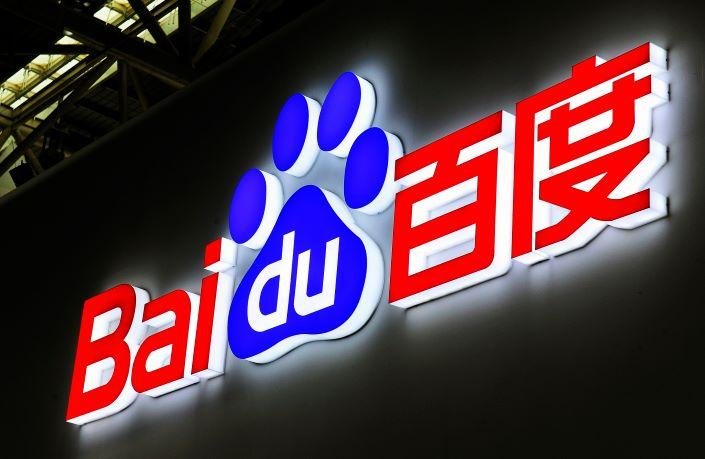Before entering the Chinese market as a foreign business requires extensive research and planning. Aside from understanding the demography, cultural differences are crucial. Companies need to understand the relevant legalities and where and how the brands’ products and services fit into the Chinese market.
Trademarking is highly prioritized as the country follows the first-to-file law. The first to file a trademark with the China Trade Mark Office has the right to sell goods under that trademark. The filling is relatively easy and inexpensive to do. These products are sold by importers returning to China from the West to sell at a similar price point. Historically, local business merchants have blocked Western brands from accessing the market by banking on the foreign brand’s popularity for a sizable profit. Unfortunately, this has diminished the ability to control the brand’s experience for consumers.
Ensuring there is a market for the brand’s products and services is exceptionally relevant. It will indicate the brand’s success and drive revenue. In addition, performing a market data analysis on the competitors will save a foreign business’s time and money and clarify where the brand’s products or services lie in the market entry.
Finding ways around the Great Firewall in China has proven to be a challenge for many foreign businesses. The Great Firewall regulates the domestic internet landscape, both legally and technically, allowing the government to control content and slow down cross-border internet traffic. The government has blocked access to selected websites preventing the average Chinese consumer from accessing sites such as Google, Facebook, Instagram, Twitter, and many more.
For brands to expand into the Chinese e-commerce landscape, brands must host a website in China. However, website traffic can’t simply allow users from the West and China to access it as it will greatly slow down the site and impact consumers’ ordering experience.
Many Chinese brands have benefited from The Great Firewall, allowing China to grow its Internet giants. To name a few that have thrived off the country’s trade protectionism – Tencent, Alibaba, Baidu, JD.com, and many more. Should a foreign decide to expand into China, they must abide by their rules. A business will have to adjust its SEO towards Baidu instead of Google. The social media advertising will need to be changed to WeChat instead of Facebook and Instagram. The company’s e-commerce platform will have to be JD.com and TMall instead of Amazon.
As Google analytics are not available in China, brands must rely on other analytical tools, such as Chinalytics. Chinalytics is the leading IT solution available in the Chinese market, and it allows brands to measure, analyze and act on the brand’s China data
Before penetrating the Chinese e-commerce market, it is critical to understand that selling to China works better when it sells within China, which means that creating a .cn website allows for faster loading times than websites operated outside of the .cn in comparison to the .com. Furthermore, the domain builds a level of familiarity with Chinese consumers.
Additionally, brands that want to reach and resonate with the local consumers must dive deeper in optimizing the websites for the audience. Simply copying and pasting translations will not work. It must be appealing to the consumer’s preferences, cultural, and functional expectations; this also includes customized colors, font styles, images, symbols, date/time formats, measurements, and contact information.
WeChat is the country’s leading social media network, an all-in-one digital platform for Chinese consumers and businesses alike. It would greatly benefit brands to register and advertise on this platform. However, several steps are required for brands to set up a corporate account that includes business licenses, product approvals, and more; the process can be time-consuming and perplexing for certain businesses unfamiliar with the Chinese technological landscape.
WeChat corporate account has two types of accounts available: subscription and service. Extensive research needs to be made before deciding on the account, as there is no opportunity to switch after registration.
Subscription accounts give potential consumers the ability to subscribe to the page and follow the business’s WeChat updates. This is ideal for brands looking to publish content. However, it is very limited in capabilities. For example, brands can publish one content per day with no push notification – this doesn’t allow brands to connect with their following.
Service accounts have more features, including interactive menus and electronic payment options enabling direct purchase power. Brands can leverage off this direct contact with their consumers. Unfortunately, the downside to this type of account is that it only allows four posts per month
Redbook is the latest social media platform for companies as it brings together elements of e-commerce, user-generated content, and product reviews. It features photos, text, and short videos produced towards the lifestyle and trends. The majority of its registered users (70%) are born after 1999 – this is the preferred marketplace of Gen Z.










